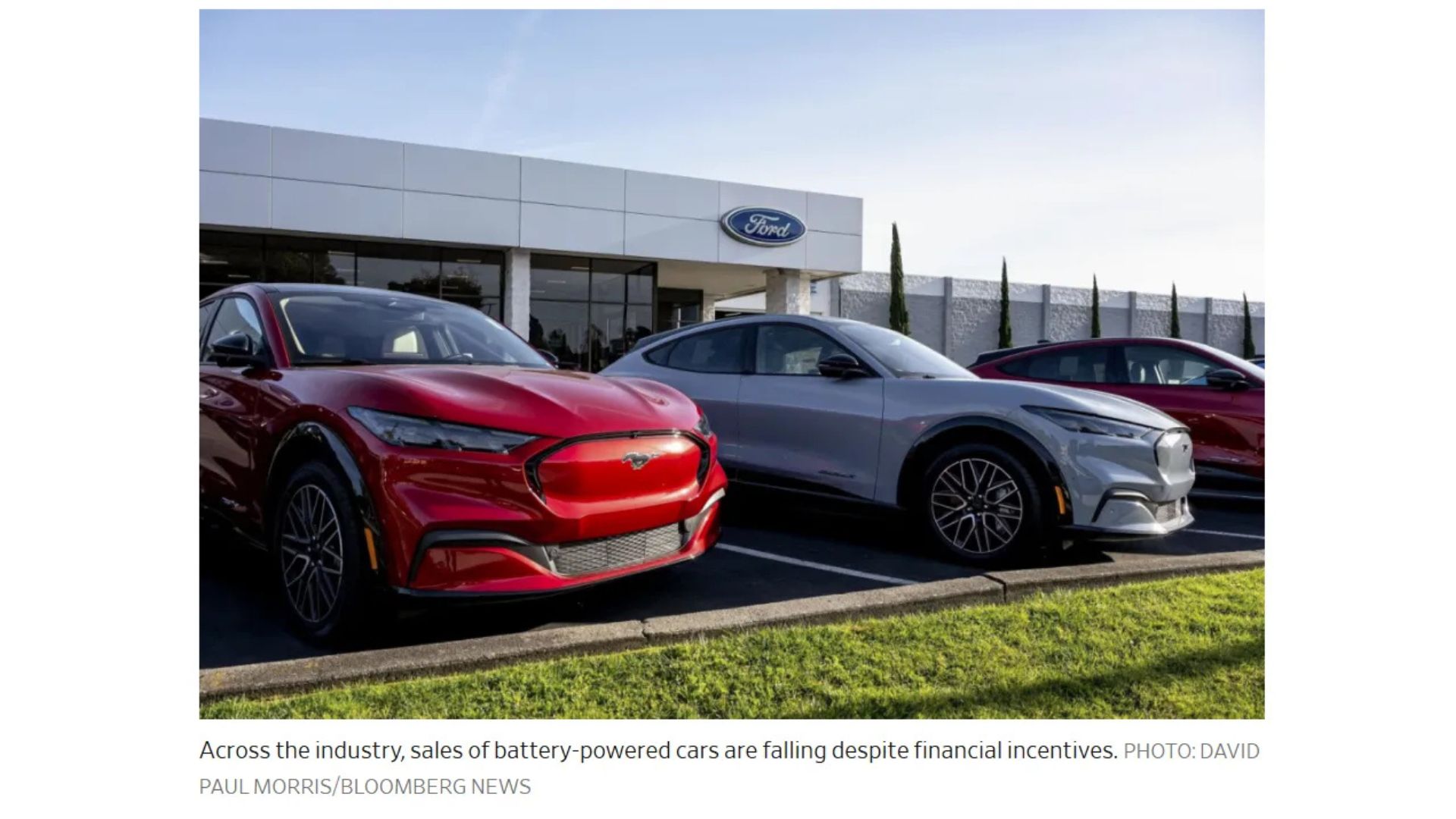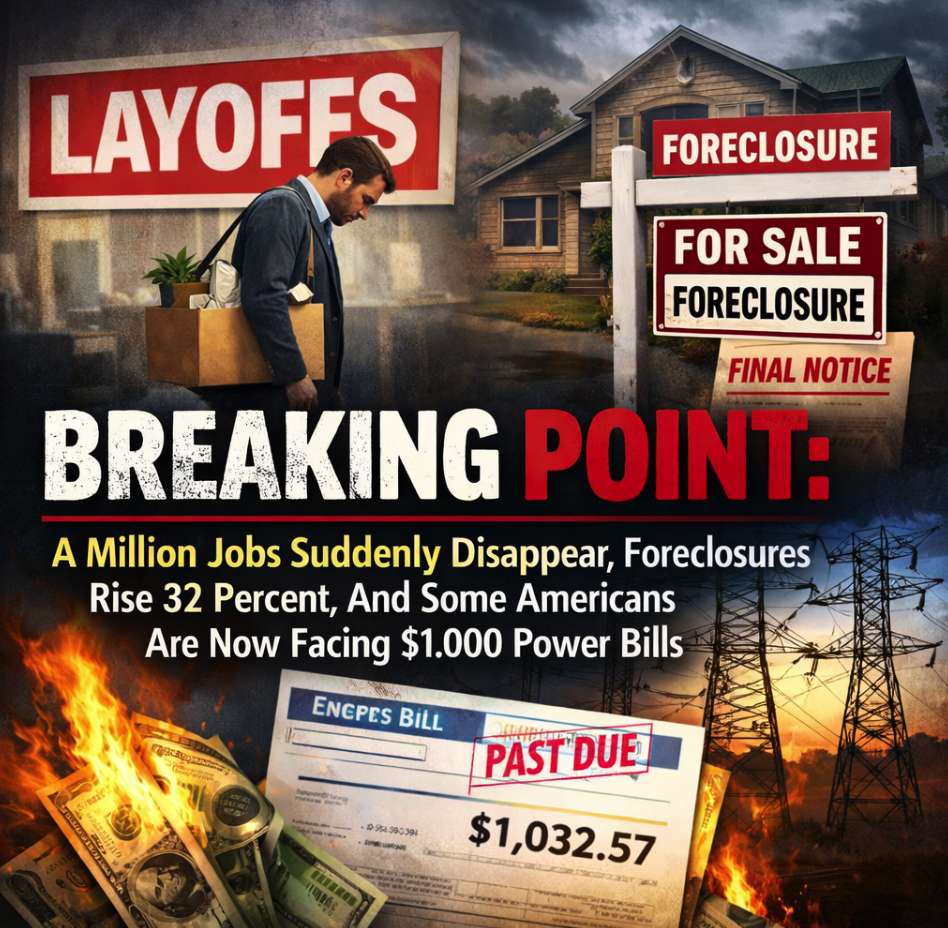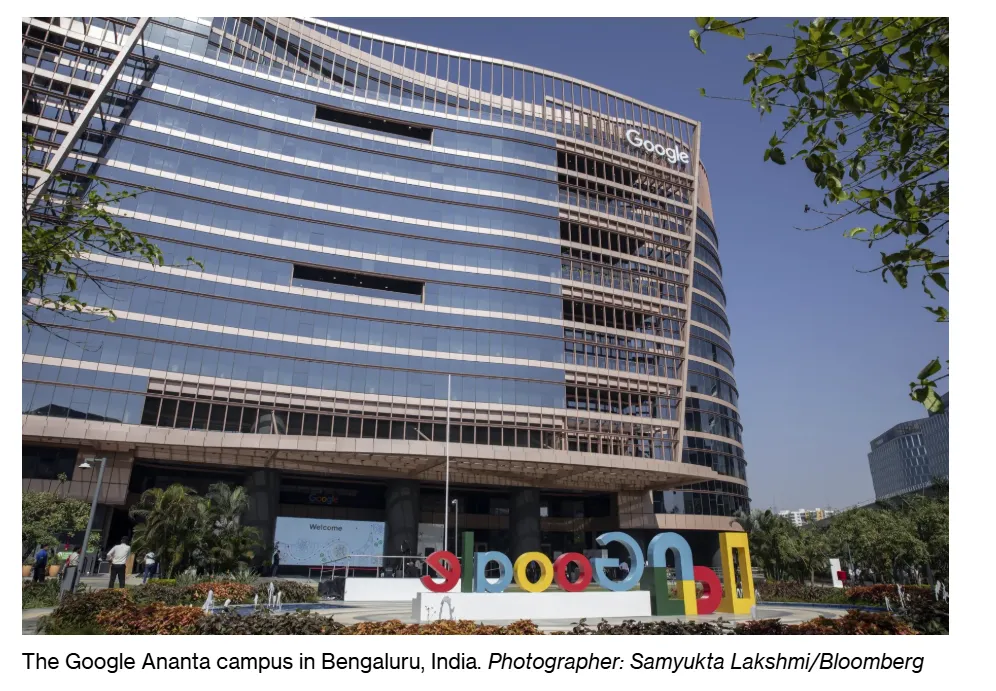Hurry, hurry, step right up, tax credits expire September 30.
Has There Ever Been a Better Time to Buy an EV?
The Wall Street Journal asks Has There Ever Been a Better Time to Buy an EV?
Not even bargain-basement deals are enough to entice U.S. drivers to go all-in on electric vehicles.
A Hyundai dealership in New Jersey is hyping a $169-a-month lease on its Ioniq 6 sedan, which carries a sticker price of about $38,000, making it far less expensive than a comparably priced lease on its gasoline-burning models.
Kia will lease its small Niro EV SUV for as little as $129 a month.
And a GMC dealership in Indiana touts the Hummer EV—with a $100,000 sticker price—for a monthly lease payment of $650, similar to the monthly payment for a gas-powered car that costs half as much to buy.
Even as automakers pile on the financial incentives to entice buyers, EV sales are falling. In June they were lower by 6.2%, the third straight monthly decline for battery-powered cars, according to estimates from Motor Intelligence, an industry-research firm. Tesla, which accounts for roughly half the EV market in the U.S., said last week that its global sales dropped 13.5% during the second quarter.
The plunge comes despite EV makers spending record amounts on customer discounts and incentives. Meanwhile, Republican lawmakers are phasing out the $7,500 EV tax credit that has been in place for years to help boost sales.
Why are so many American drivers hesitant? “It’s [driving] range, it’s cost and it’s charging infrastructure,” said Mark Barrott, automotive lead at consulting firm Plante Moran. “They’ve always been the big three reasons.”
The EV tax credits targeted by Republicans have been a key driver of electric-car sales, particularly among less-affluent buyers. For new cars, the credit amounts to as much as $7,500 off the price, while used-car costs can be cut by up to $4,000. President Trump’s “big, beautiful bill” puts an end to those credits as of Sept. 30.
The WSJ never answered the question. But I will.
If you are not concerned about driving range, insurance costs, repair costs, and charging infrastructure, then now may be the time to consider an EV.
But one also needs to factor in whether or not it’s smart to buy a new car at all, of any kind.
How stable is your job? Do you have a big cash cushion if you lose your job?
How reliable is your existing car? Cn you afford the payment?
A $7,500 tax credit will not make a car affordable. And if you need to stretch payments out to 5 years, to make it affordable, then it’s not affordable. My advice, pay cash.
If you can’t afford it, then it’s terrible time to buy anything, but especially big ticket items.
Related Posts
June 17, 2025: Retail Sales Down Much More than Expected, Drop 0.9 Percent
Retail sales declined 0.9 percent led by autos down 3.5 percent.
July 2, 2025 Tesla’s Global Vehicle Deliveries Plunge 13.5 Percent in the Second Quarter
Tesla is struggling everywhere. Expect things to get worse.
July 3, 2025: The Rise in Continued Unemployment Claims Shows Difficulty in Finding a Job
If you lose a job, it is increasingly difficult to find one.
This post originated on MishTalk.Com
Thanks for Tuning In!
Mish







